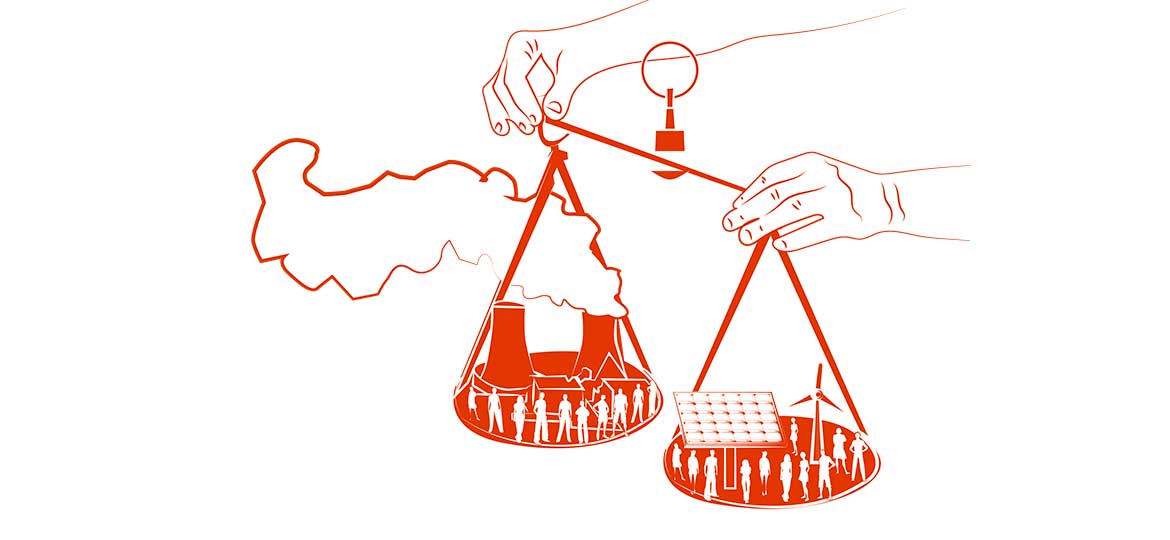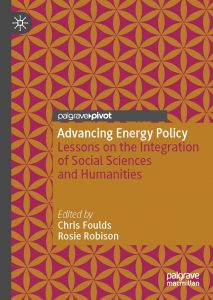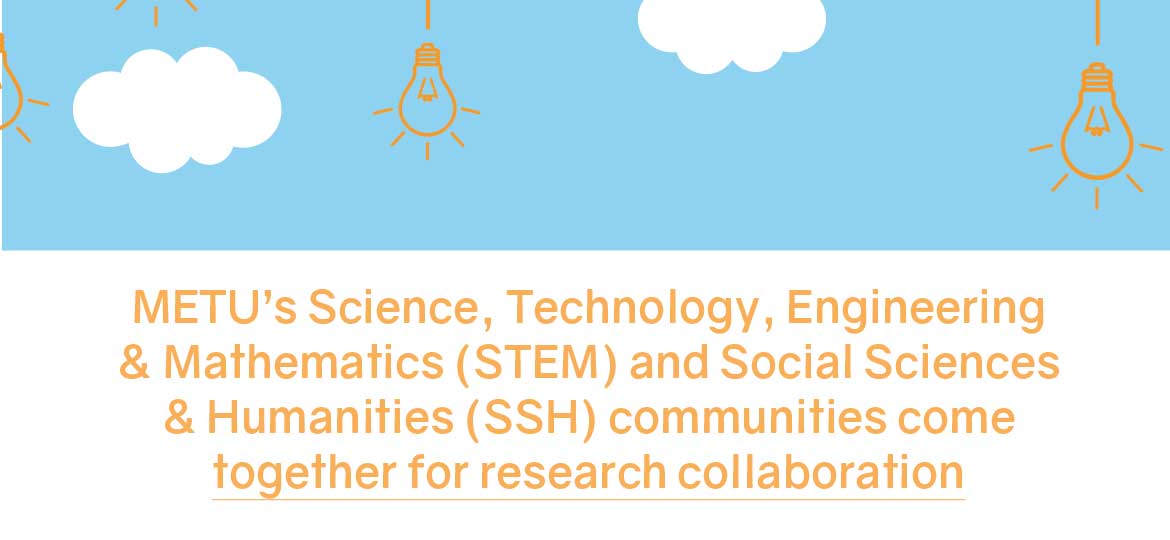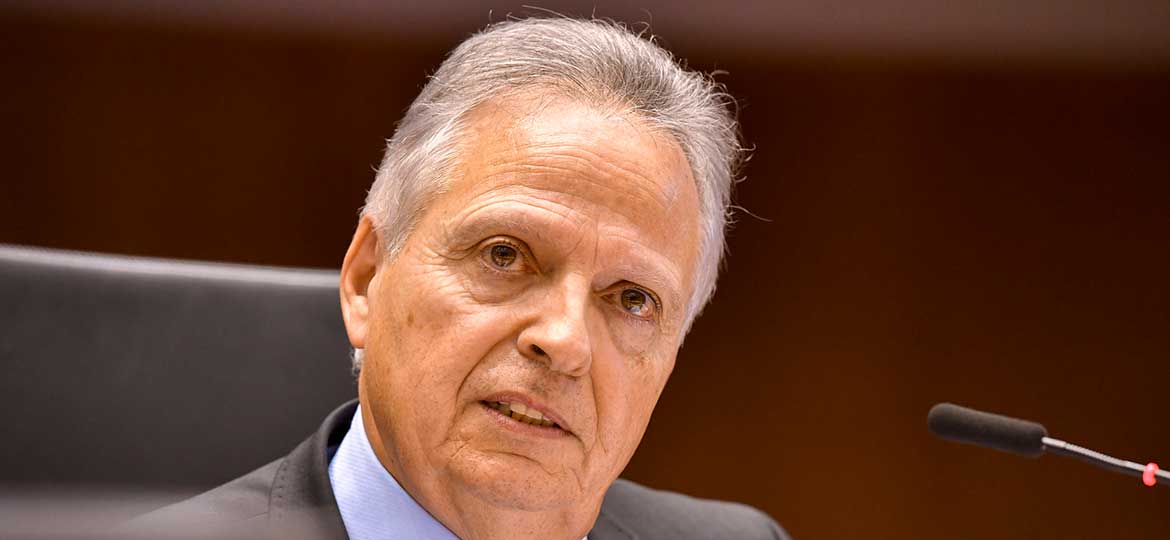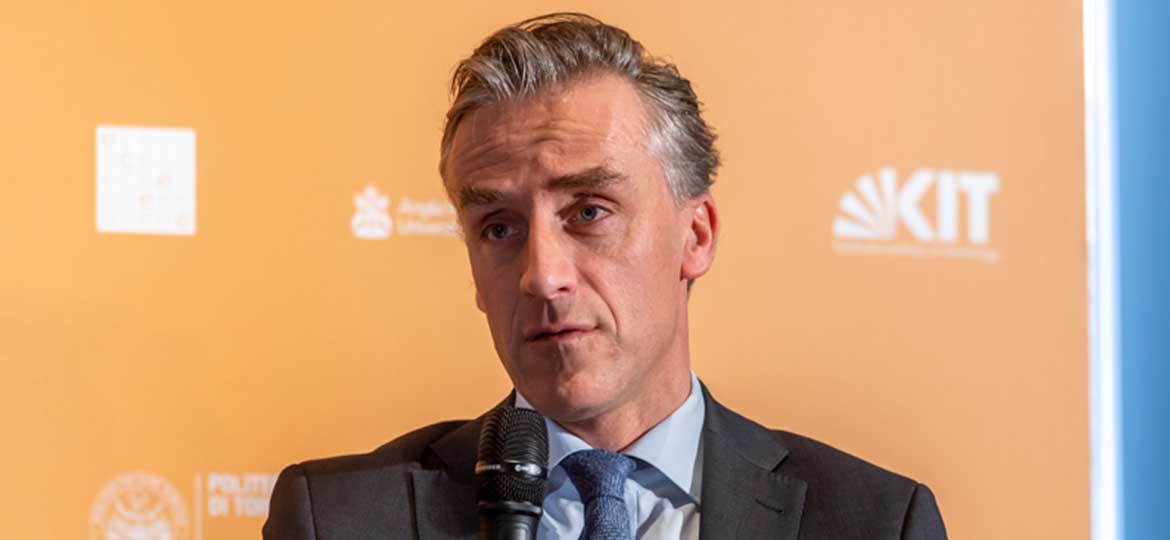By Lidia Borrell-Damián, Research & Innovation Unit, European University Association.
This article is one of the Forewords from the SHAPE ENERGY open access book recently published by Palgrave Macmillan ‘Advancing Energy Policy: lessons on the integration of Social Sciences and Humanities’.
The transition towards a carbon-neutral society or, preferably, towards a carbon-negative society requires the collective effort of all of us. It is now widely acknowledged that the Earth cannot sustain the pace at which its natural resources are being exploited and frequently converted into products that, even when they contribute to our well-being, are very difficult to reuse and recycle.
At the bottom of the value chain for economic competitiveness and social prosperity lie the never-ending needs for affordable access to energy. Despite social inequalities and challenging political contexts, the world is slowly but surely solving the essential problems of access to water, food and health services (e.g. the rate of mortality in children under five has reduced by over 50% between 1990 and 2015). Now it is also time that our society reacts worldwide to provide more affordable access to clean energy to enable education and conditions for a hopeful future for all of us, while respecting our planet.
The Universities in the SET-Plan (UNI-SET) project (2014–2017) fostered a pan-European reflection on the role of universities in moving towards a ‘cleaner-energy’ society. More than 500 universities participated in dialogues over three years which led us to identify key areas of activity for the reform of educational programmes in energy efficiency, energy systems, renewable energy and many other domains of the energy field, producing the first ‘Action Agenda for European Universities’ for the energy transition. Very importantly, our reflection led us to realise that working towards our objectives requires in-depth interdisciplinary work and the integration of research approaches from Social Sciences and Humanities perspectives with those in Engineering and Natural Sciences.
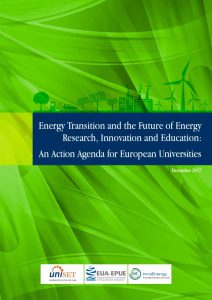
Moreover, integration of approaches within these two broad disciplinary areas are also necessary. For example, we need more civil engineers working with electrical engineers and with social scientists and humanists, in a true team effort to provide new ways to achieve sustainable access to energy in deprived areas, and solutions to save energy among those who enjoy a wealth of access to it. There is a vast amount of knowledge in great minds in our universities and research centres, and we need to bring them together within adequate partnership frameworks to further develop new knowledge that policymakers can use for the good of our society. Energy, environment and climate change issues are very closely related, and our current challenges need joint scientific and societal analyses to ensure that solutions are based upon the respect that nature and humanity as a whole deserve.
The collection of excellent chapters in this book, which arise from SHAPE ENERGY project activities, provide a series of valuable new insights and are examples of multidisciplinary thinking to tackle the energy transition. An underlying aspect in all these chapters, stated more or less explicitly, is the need to establish more and better partnerships, among experts in sciences, between experts and policymakers, between policymakers and citizens and so on.
Ideas need to materialise into actions, which need to be governed by sound, honest and ethical principles; it is our planet that is at stake.

Lidia Borrell-Damian has worked at the European University Association (EUA) since 2006 and has served as Director for Research and Innovation (R&I) since January 2014. She is responsible for supporting the work and enhancing the role of universities as major research and innovation organisations at the European level.

